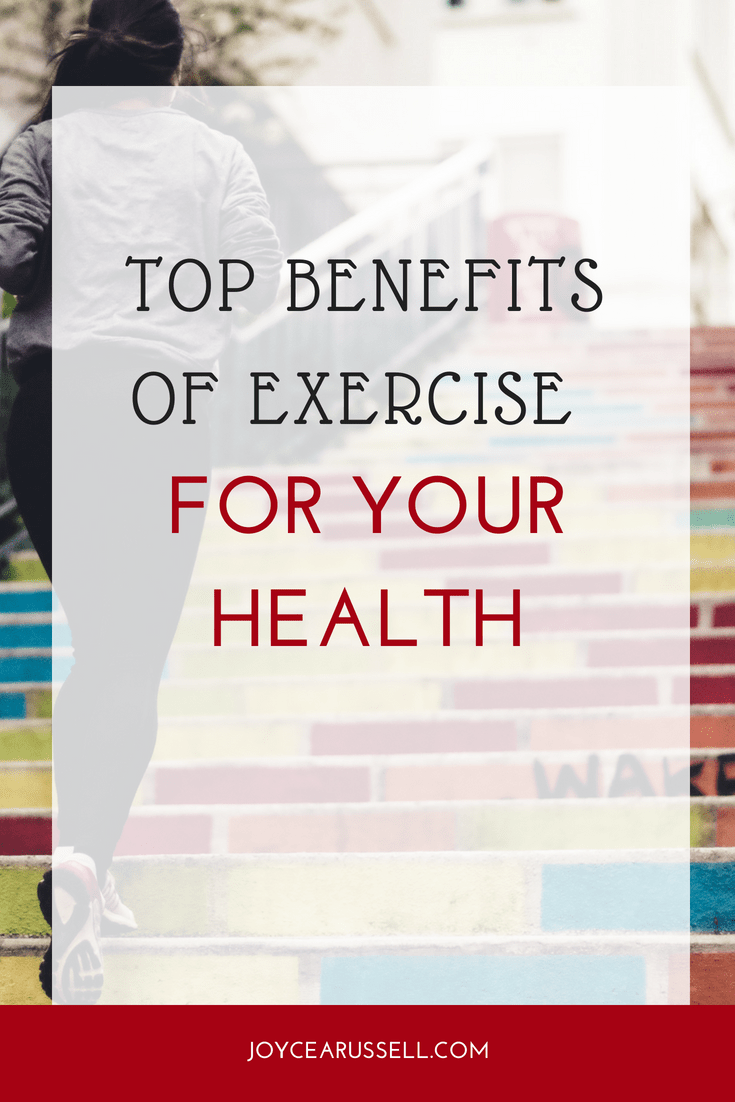Gram’s wisdom 48: Kindness is important.
“The smallest act of kindness is worth more than the greatest intention.”
Kahil Gibran
Some people are saying that kindness appears to be missing in our society. That far too many people are more connected to their devices than to what happens around them. That they are self-absorbed, inconsiderate, and uncaring.
I don’t believe that at all. Instead, I think the connected people who do care have found their methods of showing it. They are the ones who share pretty pictures, funny cartoons, uplifting messages, and stories of hope and redemption.
Sure, lots of people will scroll by those posts. But not everyone. There will be those few who stop and read, maybe even twice, because it resonates with them. Maybe it makes their heart a little lighter, or their day a bit brighter. And if that isn’t kindness, then I don’t know what is.
My Gram was a firm believer in kindness and compassion. Her view was that no matter how much or little you have, you will always meet people less fortunate than yourself, and they are deserving of your kindness, acceptance, and forbearance. She would tell me that kindness had real value. That it can be easy to throw money at people, but less so to spend your time or your energy.
She often remarked to me that unkindness was the cause of dissension between people. I guess there is a reason why parents tell children “If you can’t say something nice to someone, don’t say anything”.
According to Dr. John and Julie Gottman – founders of the Gottman Institute, which studies relationships – every successful relationship is, in the end, supported by kindness. What’s more, they claim the most important time you should be kind is during some type of conflict, such as when you are arguing with a partner.
Gram told me that a loving, long-lasting relationship with your partner means being able to examine him/her with tolerance, for things to appreciate rather than criticize.
So, why kindness?
As children and even as adults, you look for kindness from your family and friends. You give and receive kindness every day in some form.
Kindness moves people. You remember past kindnesses done to and by you. Kindness nourishes, restores, fortifies, and elevates how you feel about your life.
Studies have shown that kindness though, is not only a good moral value but it is good for you. It is beneficial to your brain, your body, and your emotions in many ways. It is a foundation for a meaningful life.
Here are 7 reasons why kindness is so important.
Kindness makes you happier. And everyone seems to be looking for more happiness these days. When you perform random acts of kindness, you stimulate areas of pleasure, social connection, and hope in your brain.
It creates a positive loop in your mind. Kindness makes you happier and happiness makes you kinder. When you are happy, you are more likely to feel giving and kind towards others and act on it.
Kindness creates social connections and bonding. As humans, a social connection of some type enhances your physical performance and boosts mental clarity. Being kind allows you to feel part of a group.
Kindness helps with the healing process. When healthcare is delivered with kindness it can hasten the healing process, thereby shortening hospital stays. Kinder care leads to an array of outcomes including reduced pain, lowered blood pressure, and less anxiety for the patient and caregivers.
Kindness can decrease or help prevent diseases. Kindness lowers our stress and anxiety levels and decreases pain because of the endorphins and feel-good hormones released at the time of the act.
Positive emotions from kindness boost your vagus nerve which regulates blood sugar. This helps the body prevent diabetes, strokes, and heart disease.
Selflessness has been shown to promote the reward area of your brain. Studies suggest that you get high on being kind.
No matter how small an act of kindness might be, it is good for you. Without kindness, life would often be lonely, filled with anger and despair, disease, and stress. But when kindness is both given and received with no expectations in return, life becomes calmer and happier with more meaningful connections to others.
Being kind is a sign of weakness.
People often believe that being kind means you are a pushover and can be easily taken advantage of.
But is this true?
On the contrary, kindness does not equal weakness. It takes a great amount of courage to be kind to someone who thinks differently than you or is slowing you down in some way.
People who perform regular acts of kindness are often more successful, more resilient, have more friends, are more social, and are well-liked than those who don’t.
How kindness helps you be a better person.
Kindness increases confidence. Studies show that kindness increases your feelings of self-worth.
People remember you when you are kind and willing to help others. It sets you apart from others.
Kindness creates a ripple effect. One person being kind in some way spreads to others, who in turn spread kindness. Kindness is contagious, fostering more kindness.
Kindness evokes a sense of trust. Studies show that even before establishing your credibility, people who are kind and project warmth are more effective than those who are not.
Kindness bridges gaps between people. It can reach across barriers in language, gender, locality, religion, and anything else that causes people to misunderstand one another.
Luis Benitez, who has climbed the Seven Summits 32 times, says that kindness and compassion are essential to overcoming terrible physical and mental challenges. He often encounters horrible challenges during his climbs.
As an example, say you see someone limping on the day you need to reach the next camp. Instead of cursing their weakness and ignoring the pain, they are in, you stop to bandage their feet so they can keep up with you.
This is more than just being kind at the moment. If a member of the party lost their ability to hike, your entire group may have to return to the start. Stopping to help a teammate ensures you achieve your own goals.
Reclaim a sense of belonging through kindness.
It’s common to want to feel a sense of belonging. When you belong, you are acknowledged as a member of the group. A sense of belonging is a normal human need as much as the need for food and shelter is. When you feel like you belong, you feel your life has worth and you handle your emotions better.
Sometimes though, you can lose that sense of belonging.
This can be for a variety of reasons. Traumatic events could influence a person’s feelings of self-worth and self-compassion. Trauma often leaves survivors feeling out of step with the rest of the world. They feel lonely, overwhelmed, anxious, confused, and emotional pain creates a sense that they are different.
Your relationship quality is affected by your mental, physical, and emotional health. As researcher and author Brené Brown explains, “A deep sense of love and belonging is a complex need of all men, women, and children. We are biologically, cognitively, physically, and spiritually wired to love, to be loved, and to belong.”
Recover a sense of belonging.
One way to help recover a sense of belonging is through kindness. Kindness releases the feel-good hormone. It makes you feel happier and improves your mood. Here are some ways to regain your sense of belonging.
Contribute to the lives of others by offering to listen and be a sounding board for them. This not only brings them joy but will give you both a feeling of connectedness.
Have compassion for others who are different from you. Spend time helping others who are less fortunate, and have different likes or needs than you.
Let go of judgments that build walls. Instead, focus on people by connecting with them. No one is perfect. Everyone has struggles.
Be kind with your words and way of thinking. Use words that offer strength, compassion, acceptance, and caring.
Begin building healthy relationships with others using kindness. Healthy relationships are important to a sense of well-being. Help trauma survivors realize they are safe and secure by showing them kindness.
Turn to your partner for support during tough times.
Give and receive compliments with kindness.
Begin doing things that bring you joy. Volunteer at an animal shelter. Give your time at a soup kitchen.
Join groups or clubs that are interesting to you. Participate in discussions and be kind to those who are members.
Kindness to both yourself and others is one of the easiest ways to begin gaining your sense of belonging back.
My final thoughts.
Kindness is the secret to a successful and satisfying life. Always be kind because your actions have a greater impact than you realize not only on you but others as well.
Thank you for taking the time to read this post. Please share it with those you love.
For more information, read these posts.












